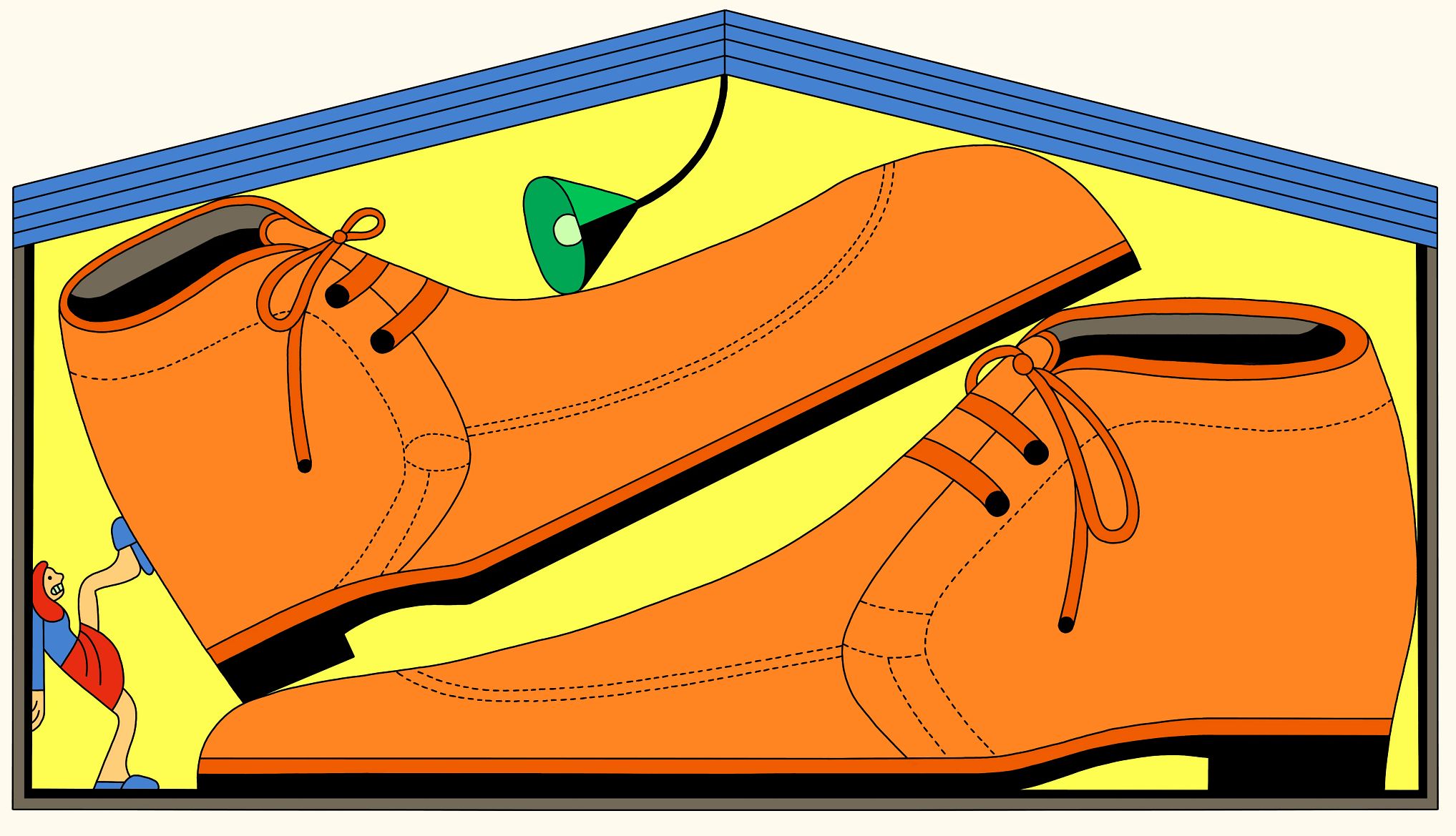AARP Hearing Center


Like whether pineapple belongs on pizza and should toilet paper hang “over” or “under,” people have very strong opinions on whether to take shoes off at the front door.
“Team Off” insists that shoes are dirty, uncomfortable and destructive. “Team On” maintains that shoes keep you mobile and protect your feet, and that the hassle of taking them off is greater than the health risk posed by leaving them on.
Although there are important cultural aspects to the debate — in much of Asia, the Middle East and Europe, wearing shoes in the home is considered disrespectful — social norms are a matter of opinion. Science, on the other hand, is a matter of fact. And when it comes to footwear hygiene, the facts are clear: Taking your shoes off before you enter a home is cleaner than leaving them on, and — more importantly — safer for older adults with weaker immune systems.
But the debate doesn’t end there. Proponents of wearing shoes aren’t wrong about their benefits. And in the case of hosting guests, the inconvenience associated with shoe removal could come with a social cost.
Dirt and germs and grime, oh my!
What does the science say? The gold standard study on shoe hygiene is an oldie but still the most widely cited. Microbiologist Charles Gerba partnered with the shoe brand Rockport in 2008 to examine the prevalence of bacteria on shoes and floors.
What he found was a whole lot of ick. After two weeks of wear, there was a significant amount of bacteria on the outside of shoes. What’s worse, that bacteria transferred directly from shoes to floors over 90 percent of the time. Among the bacteria Gerba discovered were:
- Escherichia coli, which can cause intestinal and urinary tract infections, meningitis and diarrhea
- Klebsiella pneumoniae, which is a frequent cause of pneumonia, as well as wound and bloodstream infections
- Serratia ficaria, a rare cause of wound and respiratory tract infections
Infections from these and other bacteria can be especially harmful in older adults. For example, a 2023 study in the journal BMC Infectious Diseases looked at nearly 20,000 people over the age of 60 who were infected with E. coli between 2015 and 2020. Almost all of them — 96.5 percent, to be exact — were hospitalized for about seven days, and nearly a third were put into the intensive care unit.
Gerba’s research has withstood the test of time: In 2023, Alessandra Leri, a chemistry professor at New York City’s Marymount Manhattan College, studied pathogenic fecal bacteria in puddles on sidewalks outside a building on her campus. Then she looked for the same bacteria on the soles of shoes worn by building occupants, and on the floors inside.
“We found dramatically high numbers of bacteria on carpets compared to adjacent flooring that was uncarpeted,” explains Leri, who found 200 times more bacteria on carpeted flooring compared with uncarpeted flooring beside it. Most bacteria was located near the building’s entry. “Although it was an institutional building, not a residence, I think the results definitely have consequences for our understanding of what probably happens in your home, particularly if you have carpet.”
Suffice to say, Leri keeps a shoes-off home. “I think the obvious thing people can do to reduce their exposure [to harmful pathogens] is to leave their shoes at the door,” she says.
Germs can be good
But some experts say the warpath against germs in modern housing is overkill -- and a germ-free house can actually be detrimental to your health.





































































You May Also Like
Make Life Easier with These 25 Practical Tips
Try these life hacks to save time and simplify your day
AARP Smart Guide: 41 Ways to Care for Your Home Appliances
Protect your wallet by doing these simple things to make your appliances work better and last longer
25 Ways to Practice Self-Care
Easy and affordable strategies that can have a lasting and beneficial impact on your mental state
AARP Members Edition
Your daily source for candid takes on life, comprehensive guides to living well, tips for saving money, inspiring travel, and more – only for AARP membersRecommended for You